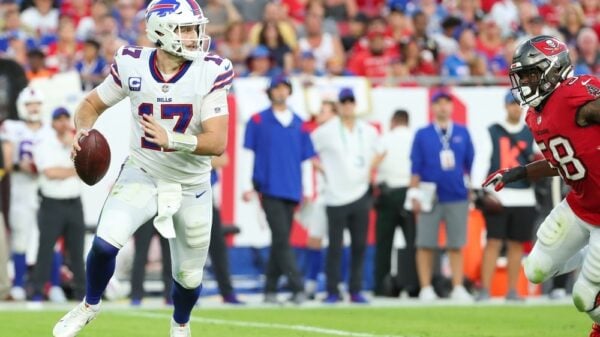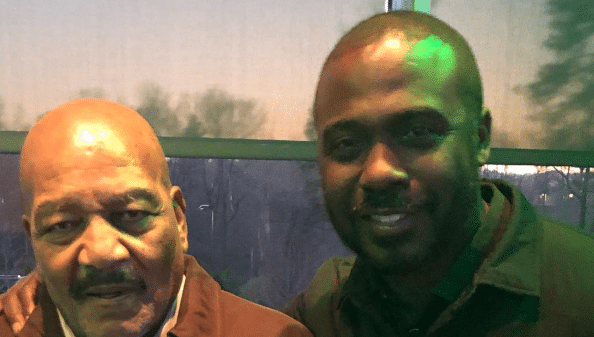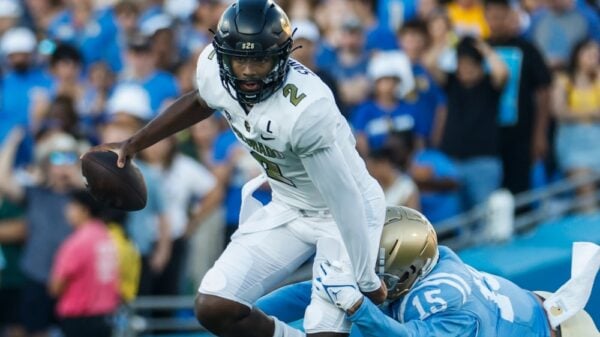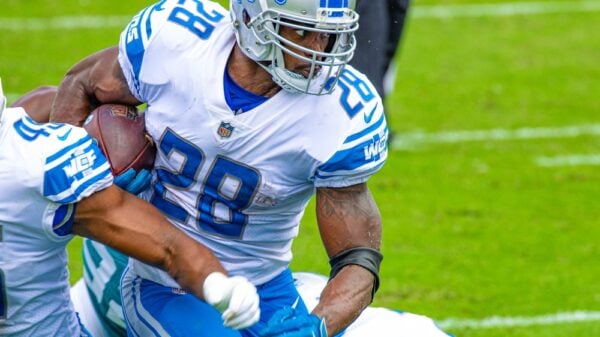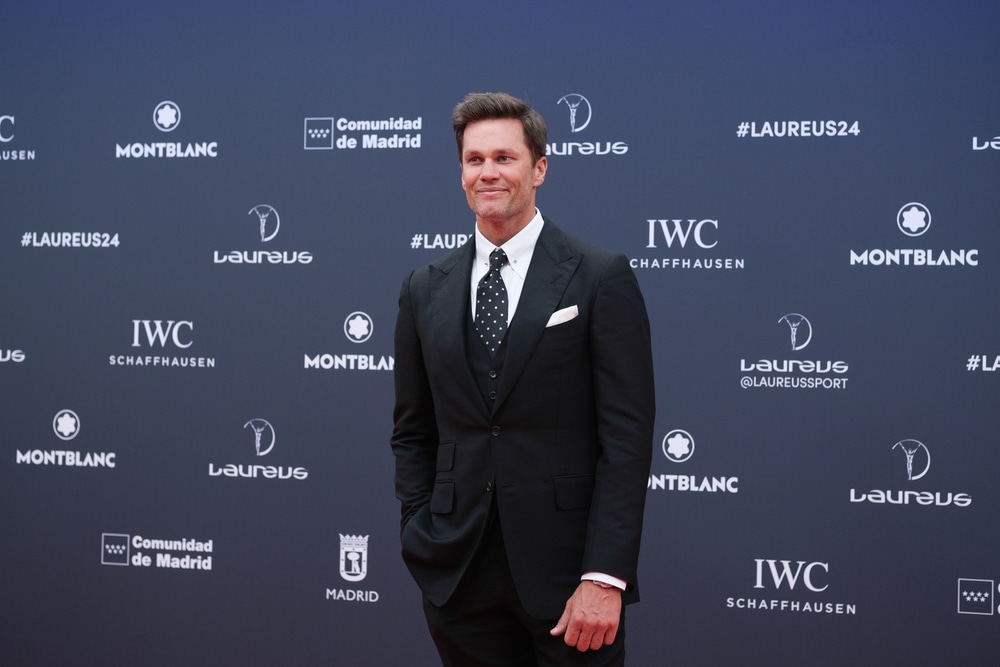Self-reflection is often hailed as a crucial component for achieving success, and few exemplify this idea as effectively as Tom Brady. After 23 years in the NFL, the legendary quarterback now has ample opportunity to reflect, reconsider, and possibly redefine his story. This is a fascinating turn for someone who stands as perhaps the most recognizable figure in professional football, boasting an extraordinary seven Super Bowl victories and a more than two-decade reign over the league.
Brady is now directing his vast knowledge into a new endeavor—offering insights that go beyond mere game analysis through a weekly newsletter. In his writings, he frequently mentions his “internal drive” as the key force that drove him beyond his predecessors, revealing how he continually sought the legacy of football icons like Joe Montana and Peyton Manning. This unyielding determination has inspired fans and aspiring athletes alike, urging them to challenge not only the limits set by others but also their own.
He underscores the significance of steering one’s own narrative, stating that “…the energy level and competitiveness of the opponent” should never influence one’s personal approach to the game. His belief that true perseverance must stem from within is a sentiment that can be universalized in aspects of life such as work, relationships, and personal endeavors.
Brady’s assertion, “I would not have been anywhere near as good of a quarterback as I ended up becoming if it weren’t for my internal drive to achieve a Montana-like legacy…” serves as a poignant reminder that our aspirations ought to be self-defined. While he consistently amassed accolades and honors throughout his career, what truly drove him was a commitment to excellence that surpassed mere statistics.
He reveals a sentiment that many can relate to: he didn’t always feel motivated to enhance his individual performance if the team was doing well. Rather than fixating on personal achievements, he sought inspiration from teams like Montana’s great 49ers and Manning’s outstanding Colts as benchmarks for excellence. “In those years when we were loaded on defense or stacked at the offensive skill positions, I probably didn’t need to be better for us to win,” Brady acknowledged, emphasizing that his pursuit of greatness was about much more than just seasons or statistics.
This readiness to prioritize long-term growth over immediate success is a lesson that many of us could find useful today. Consider this: how frequently do we focus excessively on instant rewards, neglecting the larger picture in our everyday lives? Brady’s experiences demonstrate that sometimes reaching your full potential requires looking past the present moment.
Regarding his training practices, tales of Brady dedicating countless hours to film study and meticulously following a strict diet may seem daunting, if not a bit extreme. However, he emphasizes a vital point: “…greatness has to be a way of life.” It transcends mere luck or inherent talent; it is rooted in consistent effort.
One significant takeaway from Brady is that greatness is constructed on a foundation of disciplined actions performed not only during pivotal moments but also during the mundane, everyday interactions that often go unnoticed. He likens life to a game—each day counts as part of an ongoing season, and our presence matters.
By pushing ourselves past our perceived limits rather than merely settling for them, Brady advocates for authenticity in self-evaluation. It’s crucial to periodically assess whether we are truly performing at our full potential. While the drive for excellence might seem overwhelming—perhaps sacrificing enjoyment and freedom for ambition—Brady argues that this commitment is merely part of the journey.
His own path is marked by personal sacrifices—his early NFL years sometimes obscured by missed family and social gatherings—yet he expresses no regret about his choices. His accomplishments speak volumes, and while this mindset may not suit everyone, it stands as a testament to the power of dedication: a reminder that striving for greatness often entails difficult choices.
In contemplating his legacy, it becomes clear that for Brady, the motivation to succeed overshadowed any yearning for personal freedom. While this perspective might challenge traditional views on work-life balance, there is something profoundly relatable about his commitment to his craft and willingness to exchange short-lived pleasures for enduring success. Ultimately, the trophies and accolades are impressive, but the legacy he has forged both on and off the field continues to resonate with us all.
Image Source: OSCAR GONZALEZ FUENTES / Shutterstock



